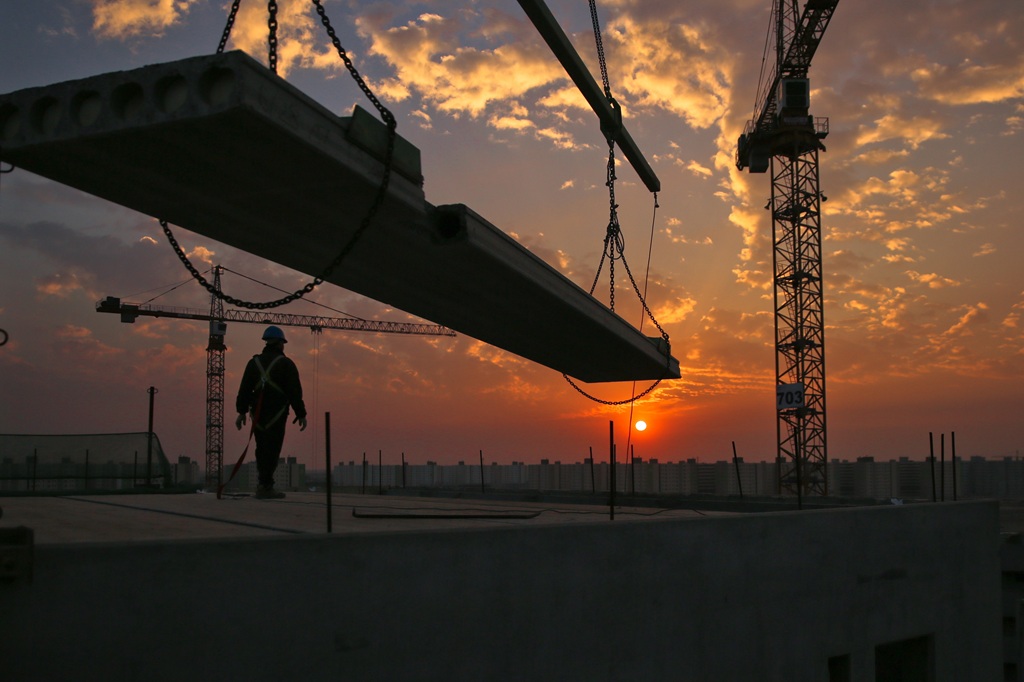Mega construction projects, with their awe-inspiring scale and ambition, often overshadow the human element vital to their realization. The thousands of workers who build these modern marvels face unique challenges that can significantly impact their physical and mental wellbeing. While these projects offer employment opportunities, it’s crucial to examine the potential toll they take on the workforce.
Physical Demands and Risks
Construction work is inherently physically demanding, and mega projects amplify this. Long hours, heavy lifting, repetitive motions, and exposure to harsh weather conditions can lead to:
Musculoskeletal disorders: Back pain, sprains, and strains are common, often aggravated by the demanding nature of mega project tasks.
Fatigue and sleep disturbances: Shift work, long commutes, and overtime can disrupt sleep patterns, leading to fatigue, reduced concentration, and increased accident risk.
Exposure to hazardous materials: Contact with asbestos, silica dust, and other toxins can cause long-term health problems like respiratory illnesses and cancer.
Mental and Emotional Strain
Beyond physical challenges, mega construction projects can take a toll on workers’ mental and emotional wellbeing.
Stress and anxiety: Tight deadlines, demanding workloads, and performance pressures can contribute to chronic stress and anxiety.
Isolation and loneliness: Workers may be far from home and family, leading to feelings of isolation and loneliness, especially on remote projects.
Job insecurity: The temporary nature of construction employment can create uncertainty and anxiety about future prospects.
Mental health stigma: The “tough guy” culture prevalent in construction can discourage workers from seeking help for mental health issues, exacerbating problems.
Social and Family Life
The demanding schedules and extended work hours common in mega projects can strain workers’ personal lives.
Work-life balance challenges: Long hours and shift work can make it difficult to maintain healthy relationships and participate in family activities.
Financial strain: While mega projects offer employment, income can be unpredictable due to project delays or weather disruptions, leading to financial stress.
Relocation challenges: Workers may need to relocate temporarily, disrupting family life and social networks.
Mitigating the Impact
Addressing these challenges requires a proactive approach from employers and the industry as a whole:
Prioritizing worker wellbeing: Companies should implement comprehensive health and safety programs, including mental health support and access to healthcare.
Promoting work-life balance: Offering flexible work arrangements, promoting healthy work hours, and providing on-site amenities can help improve work-life balance.
Fostering a supportive culture: Creating a culture that values worker wellbeing, encourages open communication, and addresses mental health stigma is crucial.
Investing in technology: Utilizing technology to reduce physically demanding tasks and improve safety can lessen the physical burden on workers.
Mega construction projects drive progress and shape our world, but it’s essential to recognize the human cost. By prioritizing worker wellbeing, we can ensure that these ambitious endeavors benefit not only society but also the individuals who bring them to life.

